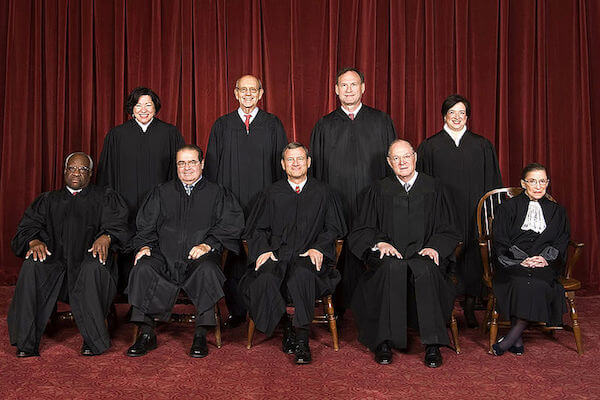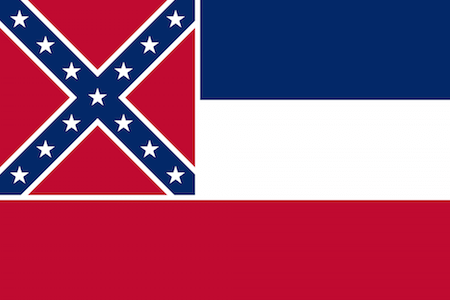A federal district court has thrown out a former US government worker’s effort to win compensation for the government’s refusal, for a period from 2004 to 2013, to add his same-sex spouse whom he married in Massachusetts to his insurance plan.
In a case brought by Edward Horvath, who worked for the Government Accountability Office (GAO) until 2014, Judge Colleen Kollar-Kotelly of the District Court for the District of Columbia, on November 24, ruled that the claim is time-barred since the plaintiff did not exhaust available remedies within the six-year statute of limitations.
Horvath married Richard Neidich in Massachusetts on June 23, 2004, shortly after the 2003 marriage equality ruling by that state’s Supreme Judicial Court went into effect. When Horvath tried to get the GAO to add Neidich to his employee health benefits plan, he was turned down pursuant to Section 3 of the Defense of Marriage Act, which prohibited federal recognition of his marriage.
Former government employee cannot win compensation for denial of husband’s coverage 2004-2013
Horvath pursued administrative remedies after the turndown, but did not take the case all the way through the administrative process, dropping his internal appeals in 2006 and never bringing the issue to court, persuaded that success was unlikely in that forum.
After the Supreme Court in U.S. v. Windsor struck down DOMA’s Section 3 on June 26, 2013, federal policy changed and Horvath was able to add Neidich to the plan, but only prospectively. At the same time, he sought compensation for the prior refusal to add Neidich, reasoning that if it was unconstitutional for the federal government to refuse to recognize the marriage, it should have added Neidich to the plan back in 2004.
When his request was denied, he filed a complaint with the GAO’s Office of Opportunity, but that office rejected the complaint, explaining that the rule change implemented after Windsor “did not approve benefits prior to the June 26th date.”
Judge Kollar-Kotelly concluded that Horvath’s claim for compensation for the pre-Windsor period is time-barred, agreeing with the government defendants that the subsequent decisions in the Windsor and then the 2015 Obergefell marriage equality case “do not revive Plaintiff’s time-barred claim under the Federal Employee Health Benefits Act.”
Horvath’s conclusion that he would not prevail in challenging DOMA nearly a decade ago was not sufficient to give him standing to make his claim now, the court found.
“Even if equitable tolling were available,” Kollar-Kotelly wrote, “Plaintiff’s failure to bring suit within the six-year statute of limitations because of his assessment that the odds of success in court were minimal would not be ‘extraordinary circumstances’ sufficient to justify equitable tolling” ( a legal theory waiving the statute of limitations in cases where an injury is not discovered until after its expiration).
The judge also found that any attempt to assert the damage claim based on a constitutional theory or on the employment protections provided under Title VII of the 1964 Civil Rights Act would similarly be time-barred.
The judge explained that she did not examine the merits of the underlying claims due to the fact that Horvath’s claims were not timely.
Soon after the Windsor case was decided in 2013, LGBT organizations advised married same-sex couples to get claims on file immediately in order to preserve their timeliness, but cautioned about the likelihood of procedural difficulties regarding claims going back more than six years due to the statute of limitations. That advice is vindicated in this case, although Horvath might seek review of the court’s conclusion that there are no “exceptional circumstances” here justifying equitable tolling. After all, Windsor and Obergefell were epochal decisions that totally changed the legal universe for same-sex couples in the United States. Even the most optimistic LGBT advocates were not predicting such a relatively speedy federal victory for same-sex marriage recognition back in the early years of this century when Horvath and Neidich married in the only US jurisdiction where they could.
Might the District of Columbia Circuit view an equitable tolling argument with more favor? And why would the Obama administration fight it in light of its position before the Supreme Court that DOMA was unconstitutional and indefensible?
Unfortunately, we may not learn the answer to either question. Horvath told Gay City News he does not feel he has “the resources for pursuing an appeal to outmaneuver the army of DOJ attorneys.”




































